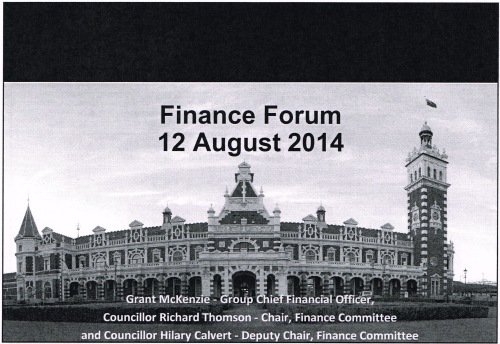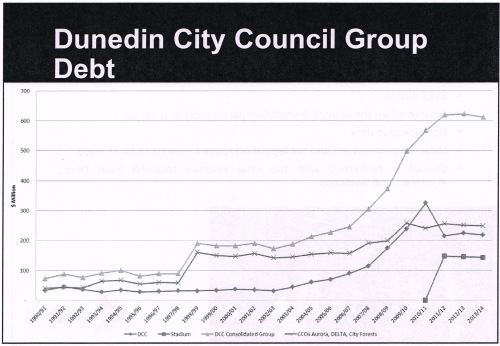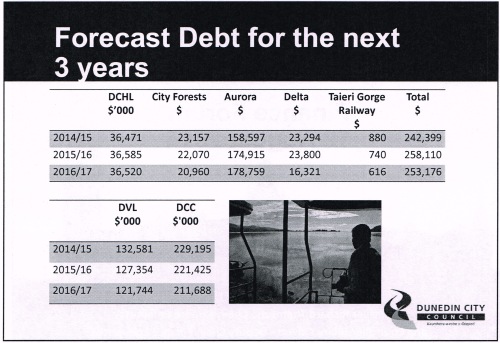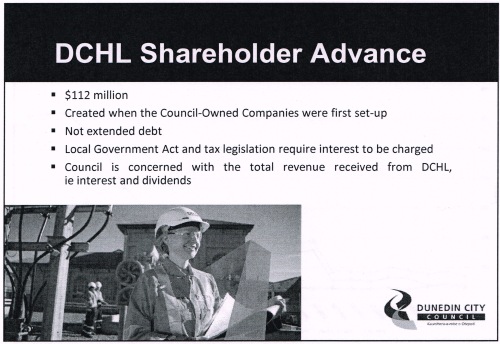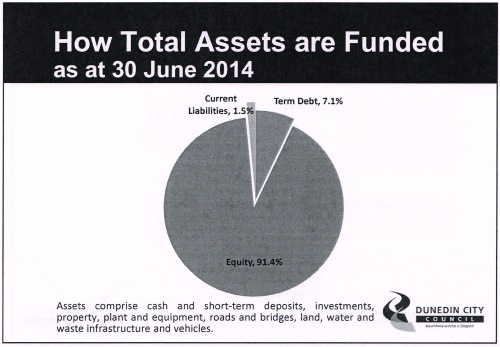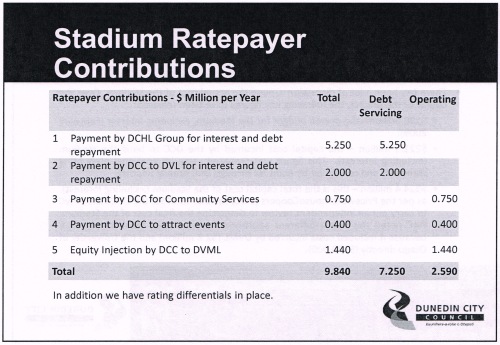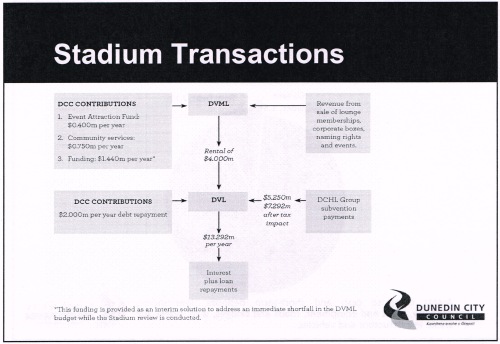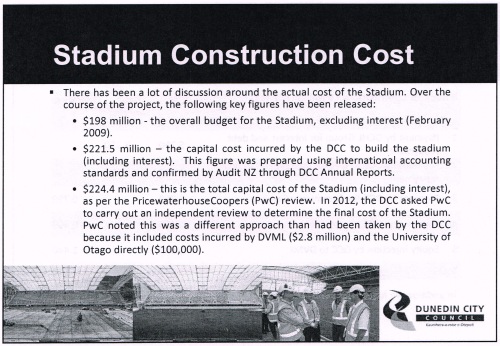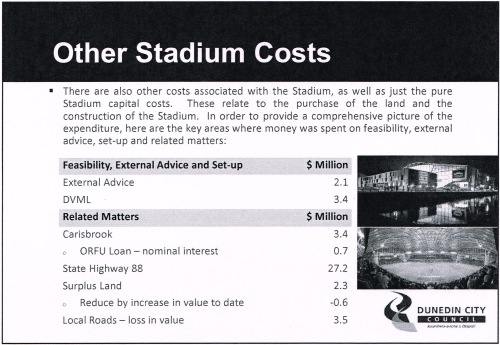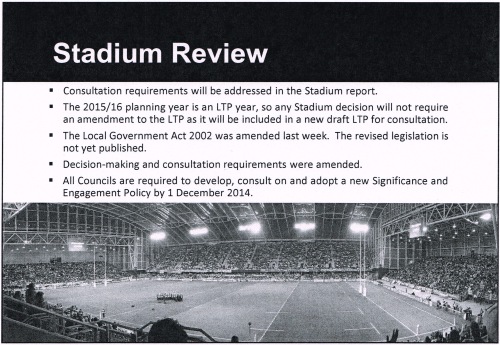### dunedintv.co.nz October 30, 2014 – 5:57pm
NZ child poverty rates haven’t improved since 2008
A new report from UNICEF shows child poverty rates in New Zealand haven’t improved since 2008. That’s prompted calls from locals for more governmental action to address the issue. And it seems even kids in Dunedin are feeling the effects of poverty. Video
 ### unicef.org.nz 29 October 2014
### unicef.org.nz 29 October 2014
UNICEF cautions child poverty rates are “stagnating” in New Zealand
An international report by UNICEF has found that child poverty rates in New Zealand have barely changed since 2008, despite similar sized countries significantly reducing child poverty during the recent recession. UNICEF also revealed that youth unemployment has increased and more New Zealanders admit they do not have enough money to buy food.
The report, Children of the Recession, studied the impact of the global economic crisis on child wellbeing in 41 OECD and EU countries. It highlights the fact that the current and future lives of children have been – and are being – neglected in the global response to the Great Recession.
█ Read the full Children of the Recession report
Deborah Morris-Travers, National Advocacy Manager for UNICEF New Zealand, said: “The report shows that child poverty rates in New Zealand have stagnated, reducing by just 0.40 per cent since 2008. At the same time, Finland and Norway, states of a similar size to New Zealand, have reduced their child poverty rates by 4.30 and 3.20 per cent respectively. This strongly suggests that the government needs to review its approach to addressing child poverty and make policies for children a priority. There are many good examples of successful policies being implemented internationally, highlighting that child poverty is not an inevitable result of the recession if governments implement appropriate policy responses.”
Read more
—
Related Posts and Comments:
9.12.13 UNICEF NZ statement on child poverty monitor
29.8.12 Beloved Prime Minister ‘Jonkey’ speaking #childpoverty
17.2.12 Salvation Army: The Growing Divide
23.11.11 Last night, did John Key watch Inside NZ (TV3): Inside Child Poverty
26.10.11 2011 Voices of Poverty: Research into poverty in Dunedin
9.1.11 Detroit: “Make no little plans”

![Crime scene - forensic animation 09 - Tim McGarvey [tmba.tv] 11](https://dunedinstadium.wordpress.com/wp-content/uploads/2014/08/crime-scene-forensic-animation-09-tim-mcgarvey-tmba-tv-11.jpg?w=500&h=283)
![Crime scene - forensic [scottthornbury.wordpress.com] 2b](https://dunedinstadium.wordpress.com/wp-content/uploads/2014/08/crime-scene-forensic-scottthornbury-wordpress-com-2b.jpg?w=500&h=379)


